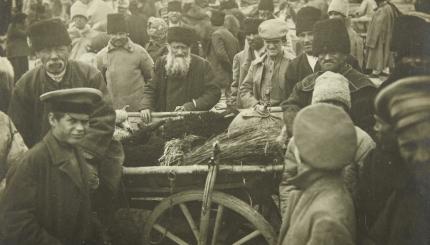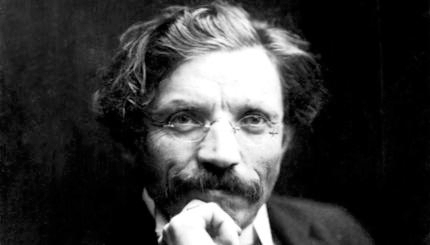The Hebrew poet known only as Rahel (1889-1931, born
Rahel Bluwstein) expressed her love for the land of Israel through her beautiful and evocative poetry. Today, her grave beside her beloved Lake Kinneret is visited by tourists, pilgrims, and Rahel’s many Israeli admirers.

When Ilan Ramon, Israel’s first astronaut, perished aboard the space shuttle Columbia, one of Rahel’s poems received renewed attention and popularity in Israel; Ramon had chosen to listen in space to a song whose lyrics were the Rahel poem “Sad Song” (“Zemer Nugeh” in Hebrew), which is also commonly known by its opening line, “Can you hear my voice?” (“Ha-tishma koli?“).
The poem is reprinted below in Hebrew and in English translation, with the permission of the Jewish Agency. For more on Ilan Ramon, see the Jewish Agency’s website.

Help us keep Jewish knowledge accessible to millions of people around the world.
Your donation to My Jewish Learning fuels endless journeys of Jewish discovery. With your help, My Jewish Learning can continue to provide nonstop opportunities for learning, connection and growth.
Sad Song |
|
|
Do you hear me, you who are The world is vast, its ways diverse, |
|



